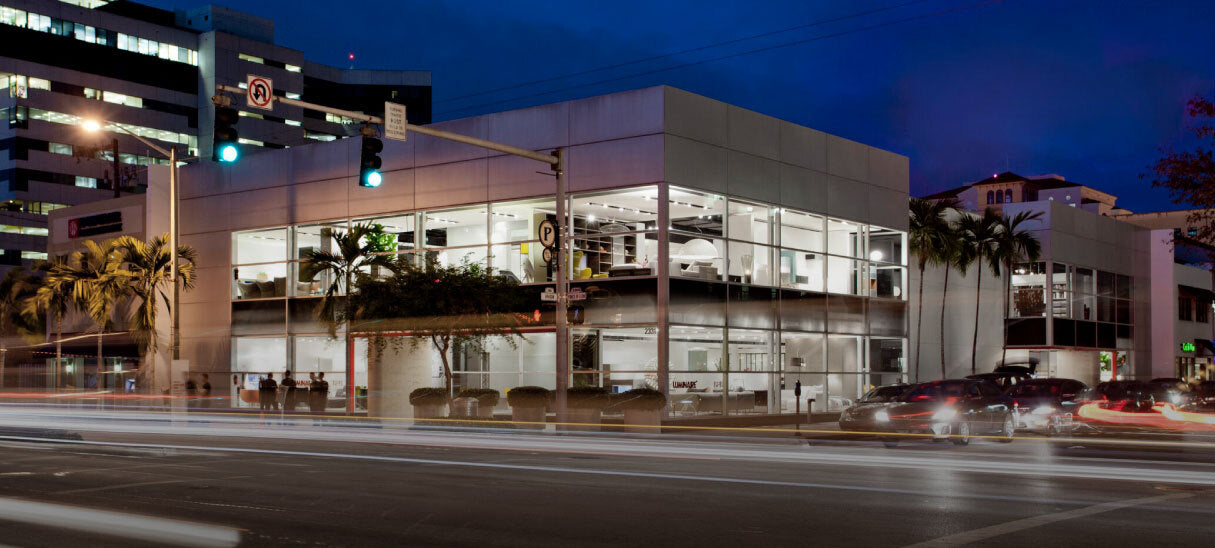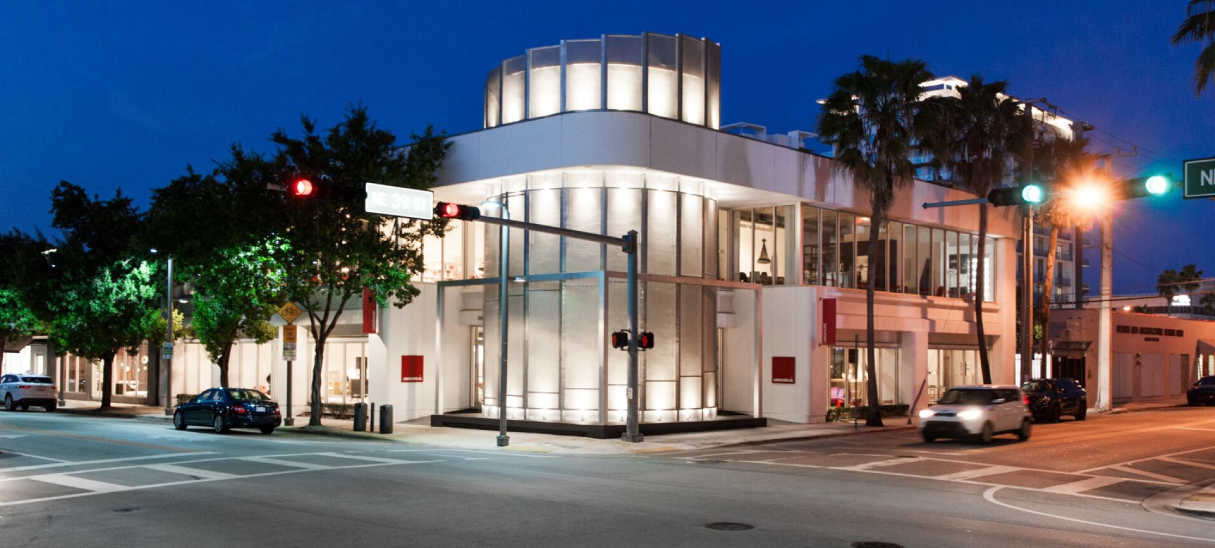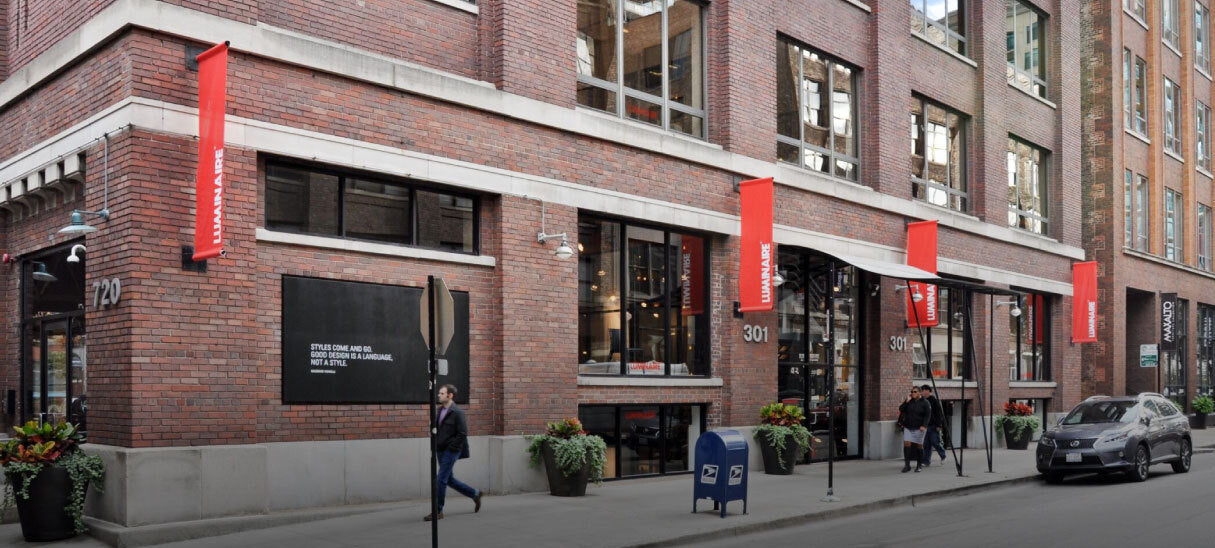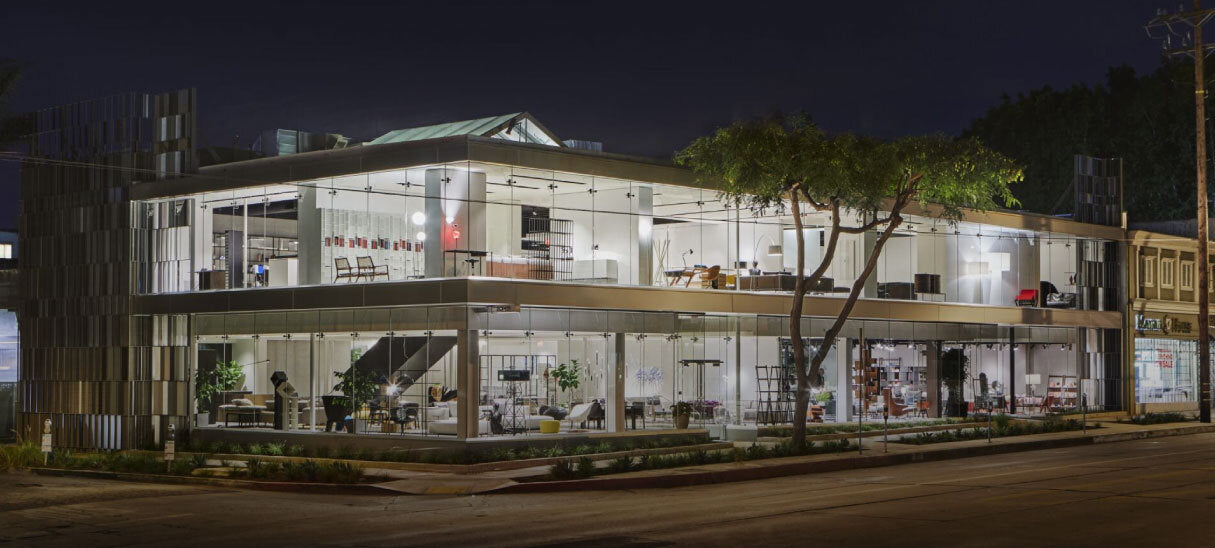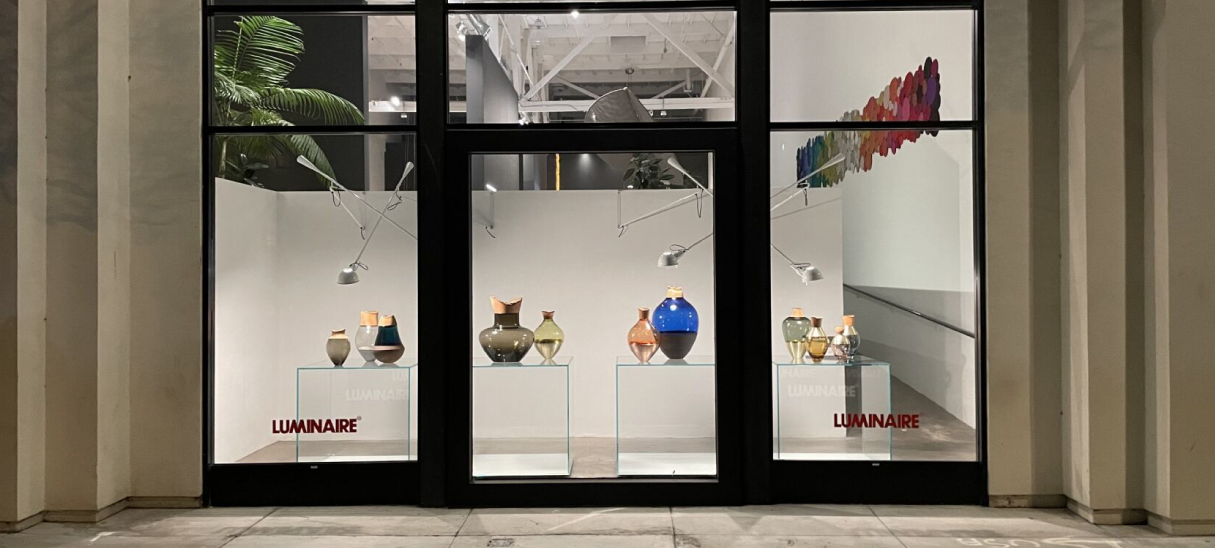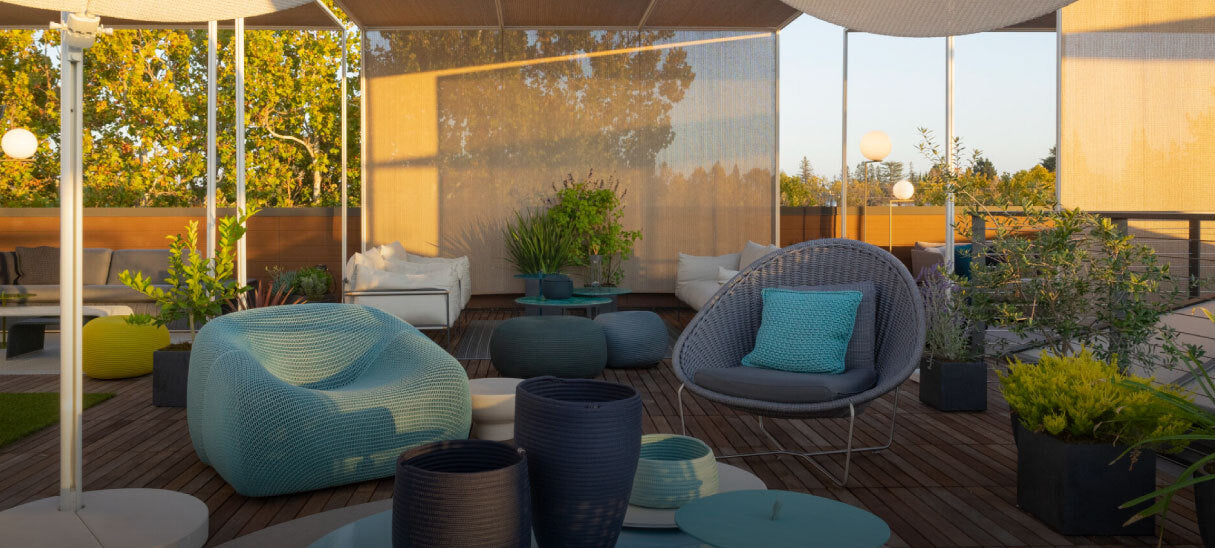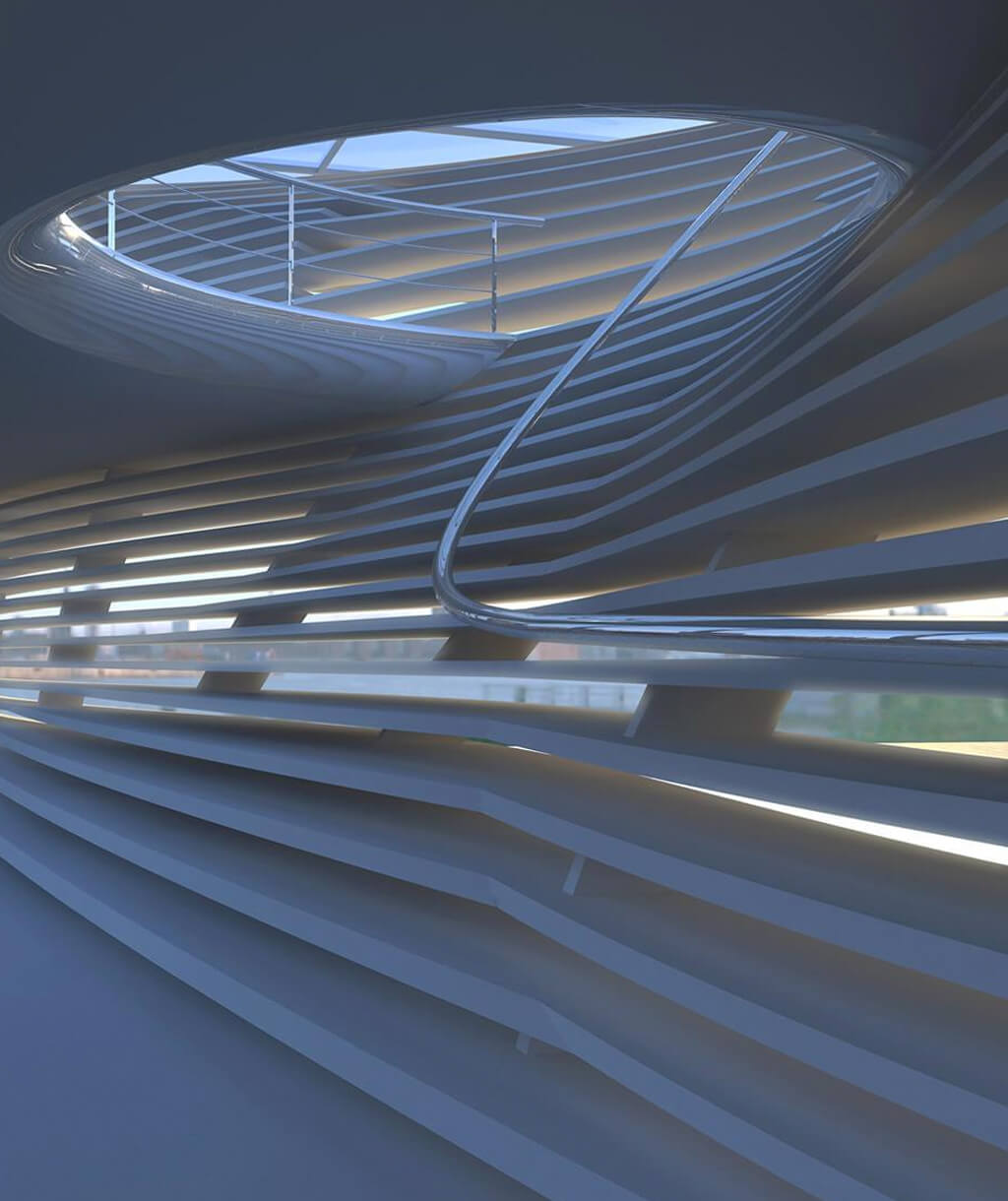With a population over 8 million, the crowded, ever-expanding city of Sao Paulo, Brazil presents many challenges for architects who hope to develop clean, modernist structures that are simultaneously long-lasting and adaptable to changing environments. One exceptional Brazilian firm, pax.arq, has responded to the diverse needs of the city with an elegance and creativity that has transformed urban conceptions of space throughout Latin America and the world. At BoomSPDesign this past August, we got to know the founders of this intelligent team of architects, Paula Sertorio and Victor Paixao, and gained a better understanding of their incredible work and design philosophy.
Pax.arq first gained notoriety with their striking competition entries, including an ephemeral and enigmatic temporary pavilion for Mobilizarte International and an Adaptable Architecture Gallery on the Thames, organized by the prestigious Architecture Association in London. According to Paula and Victor, the best design should engage human interaction while generating useful ideas about living.
The word 'pax' itself can be translated to mean 'people' or 'participation,' highlighting the collaborative practice that exists between architects, designers and the communities they serve.
Collaborating with clients has given birth to several innovative and unique projects such as Tecnomec, a home in Sao Paulo that serves not only as a residence for a specialized auto mechanic and his family, but also as a place where he can work and teach his craft. By teaming up with other architects, they brought single family residences, like Residence Albuquerque in Sao Paulo, to life with a warmth and passion often missing from more ubiquitous modernist dwellings.
With Isabela Fatarelli, Murilo Gabriele and Renata Stefanelli they recently developed the Sky Condos in Peru, which engaged a variety of living, relaxing and recreation spaces in 10 residential units. In addition, they conceived of the Museu de La Memoria in Santiago, Chile and the Teatro de Londria in London by partnering with other talented professionals and with support from each community.
Highly impressed not only by the breadth of their work but also enchanted by their creative energy and vision, we look forward to finding inspiration in their future projects.
January 2013

